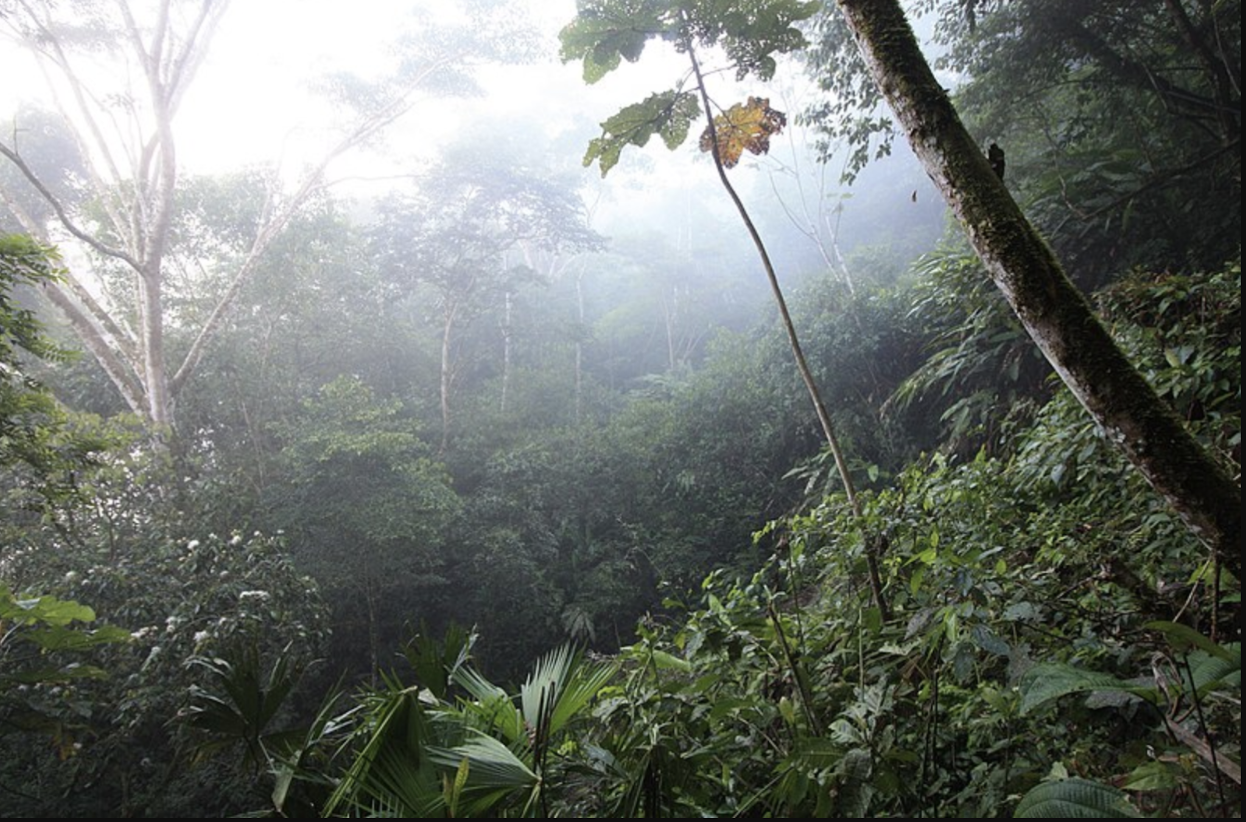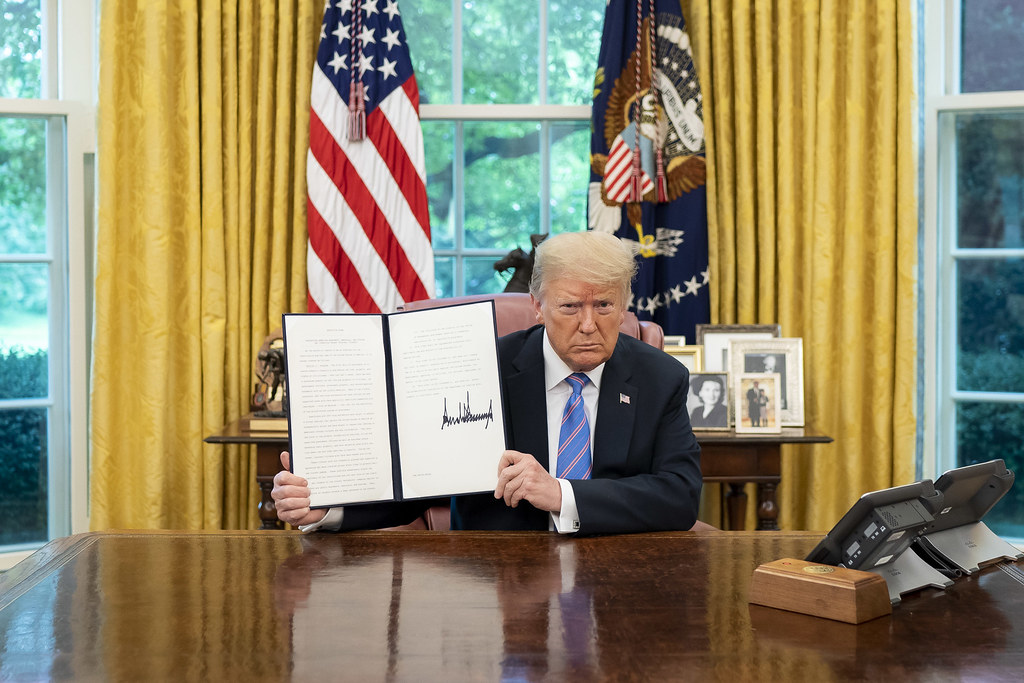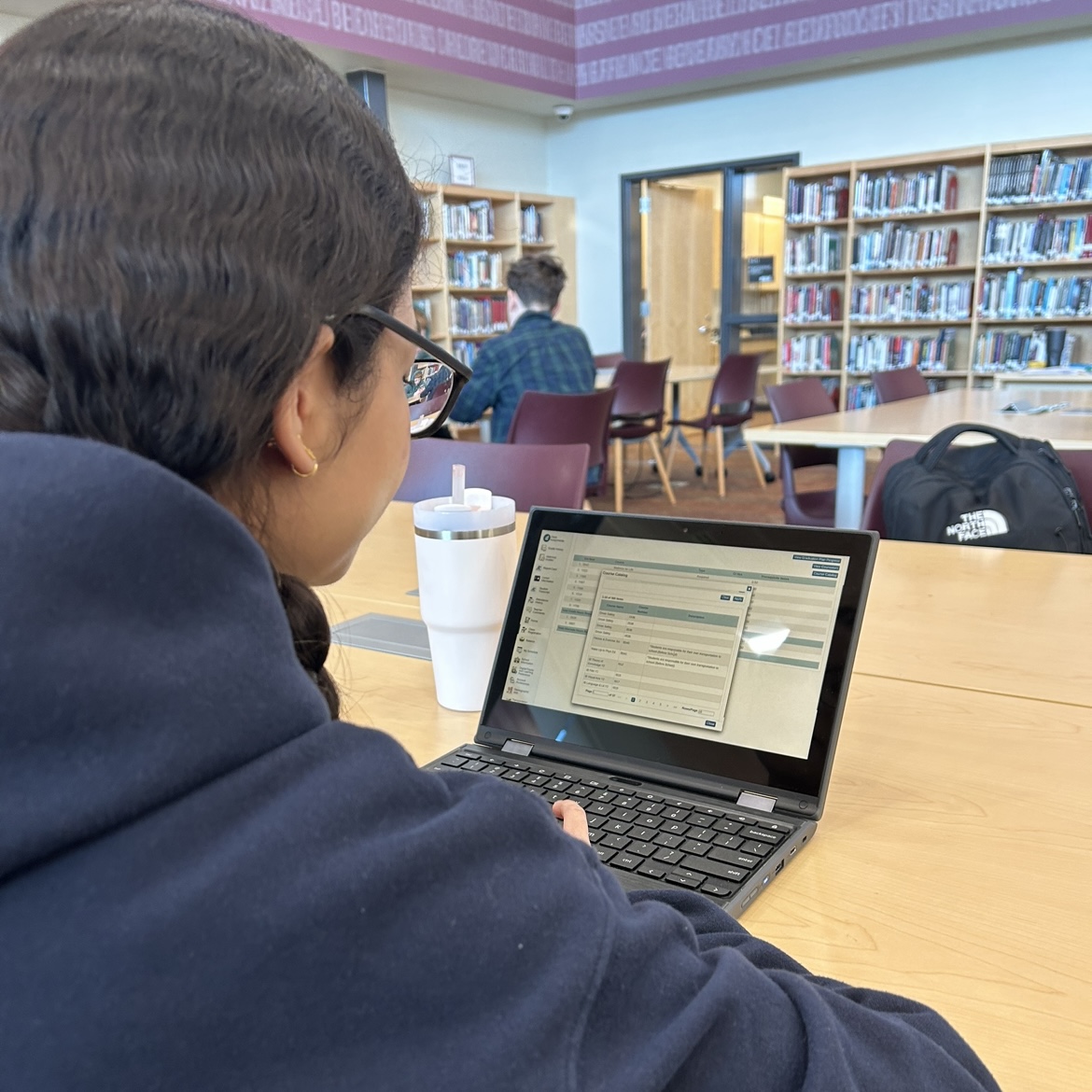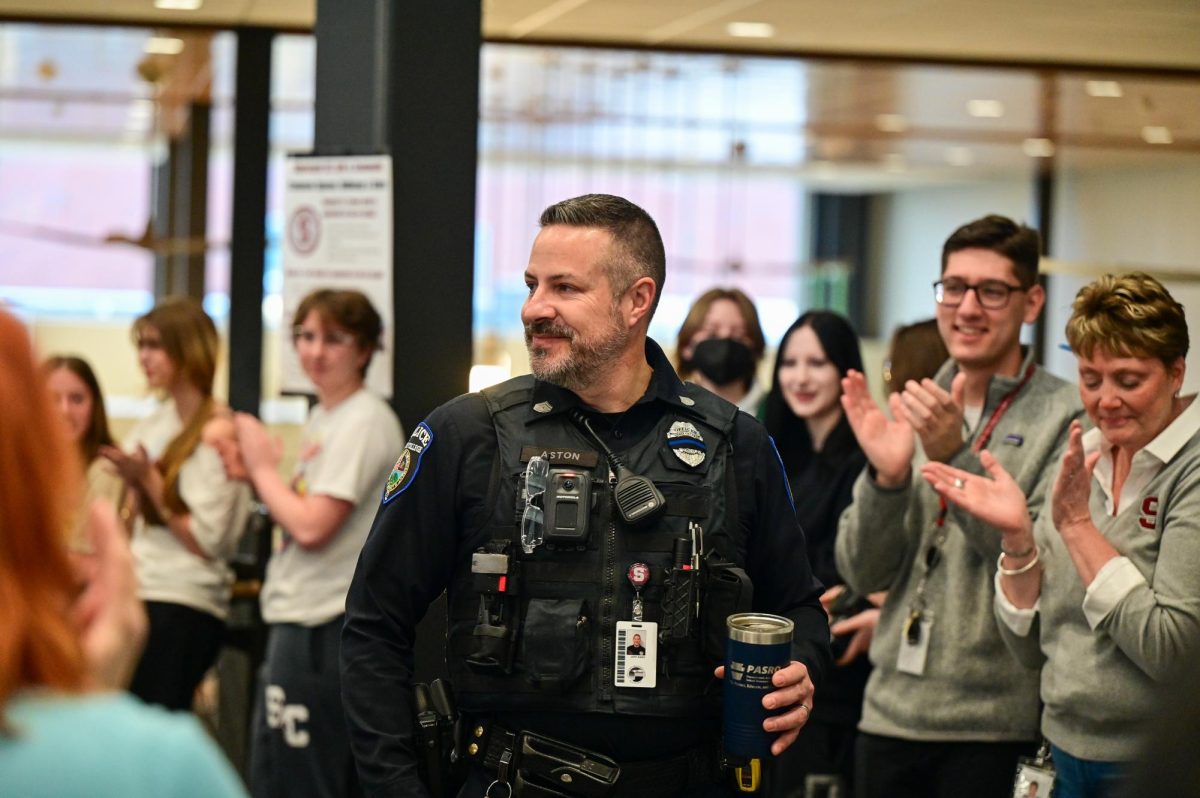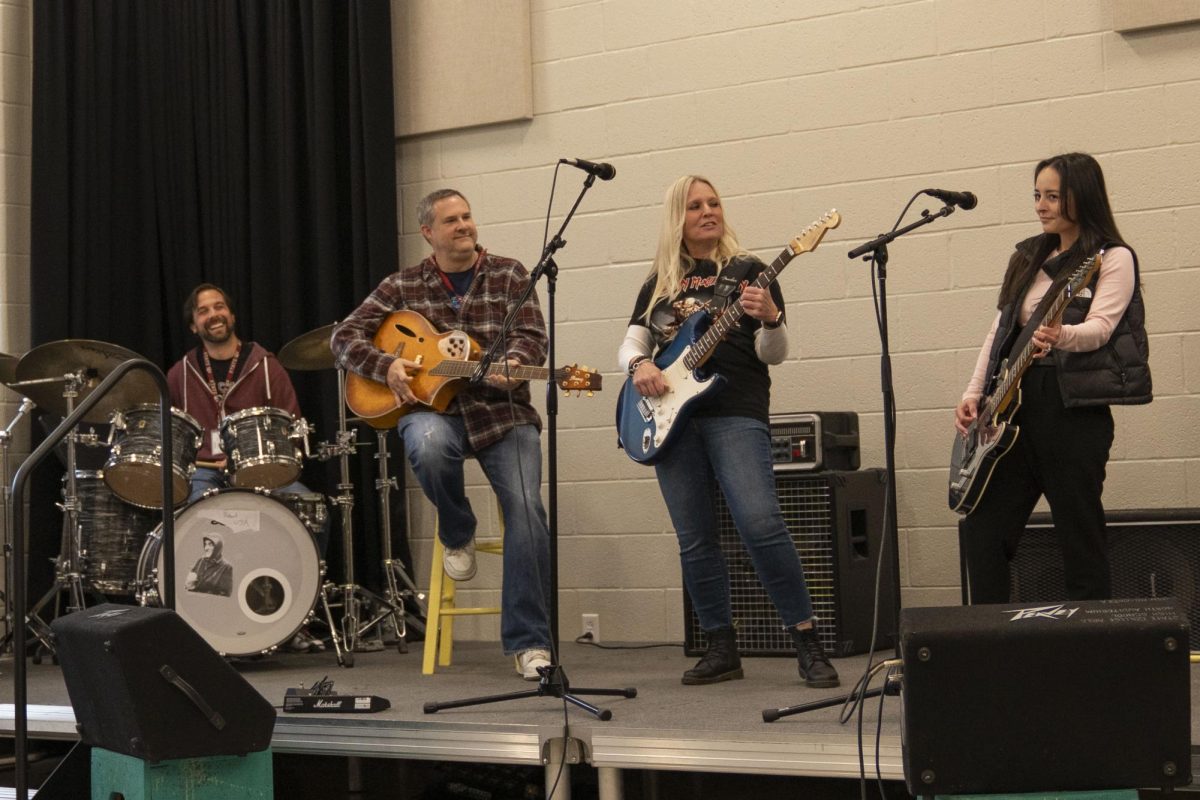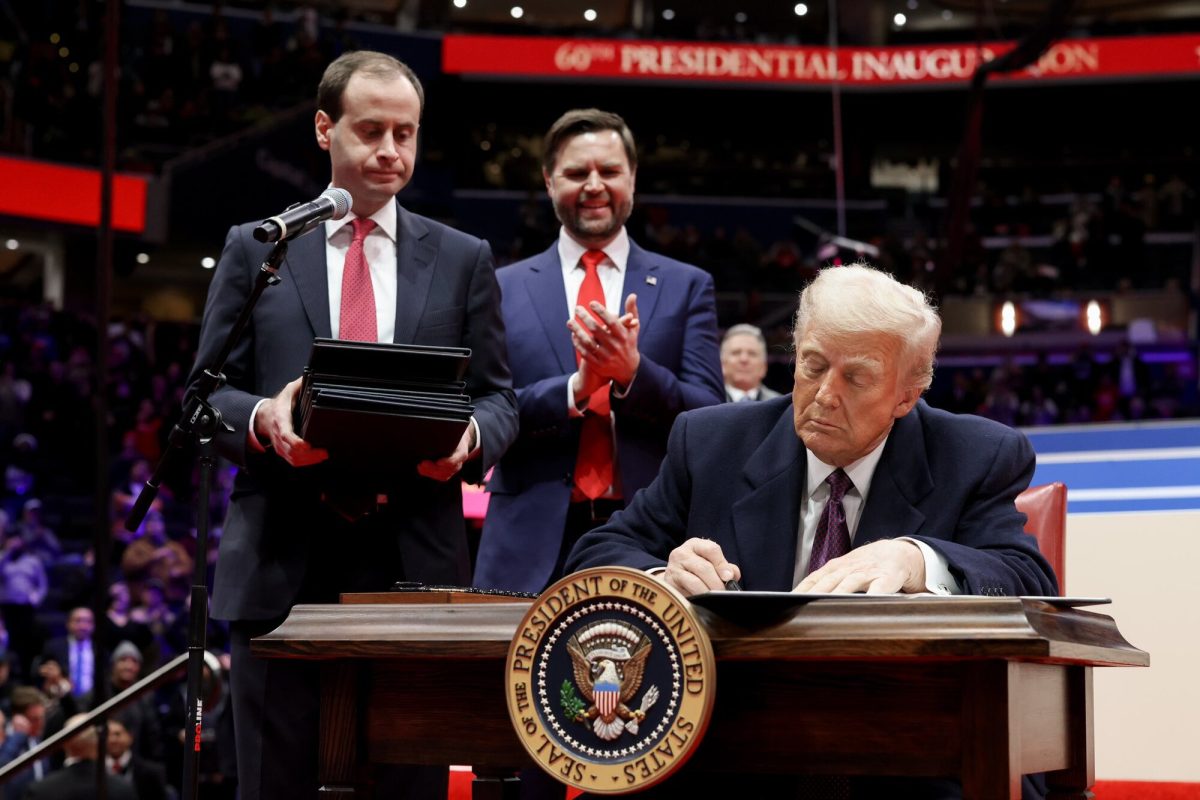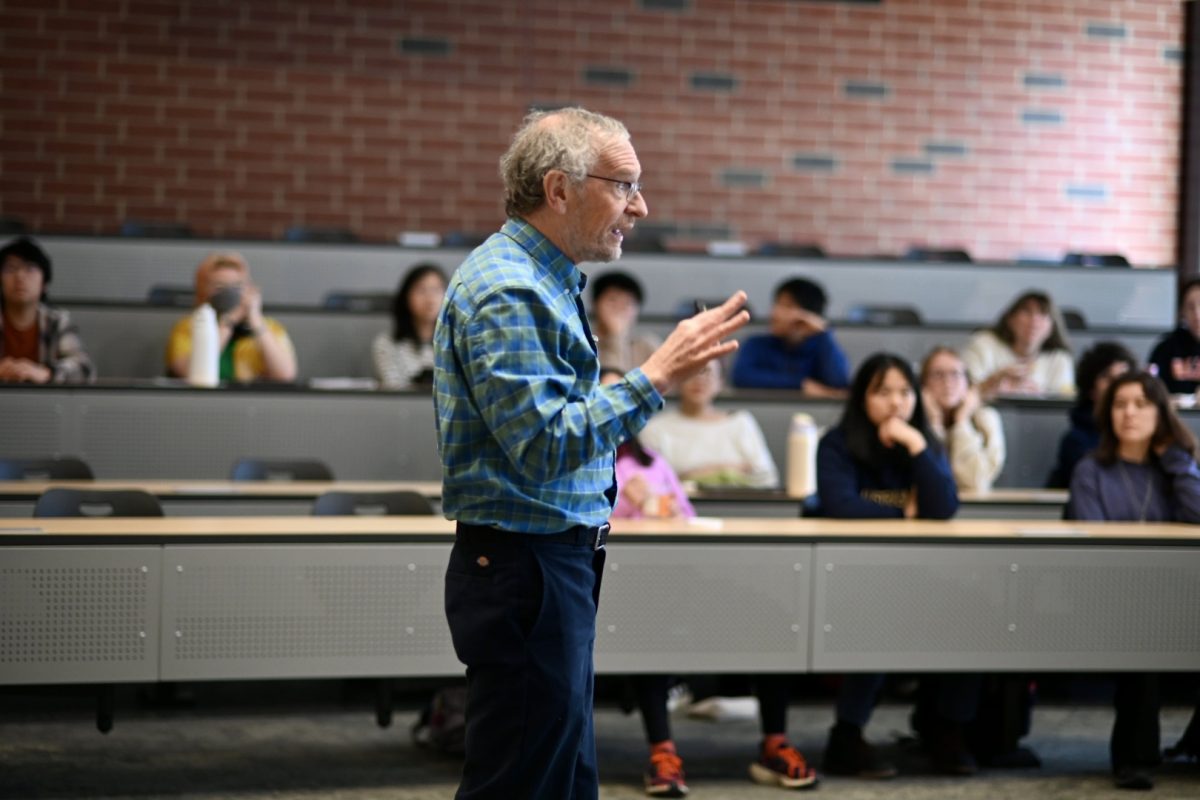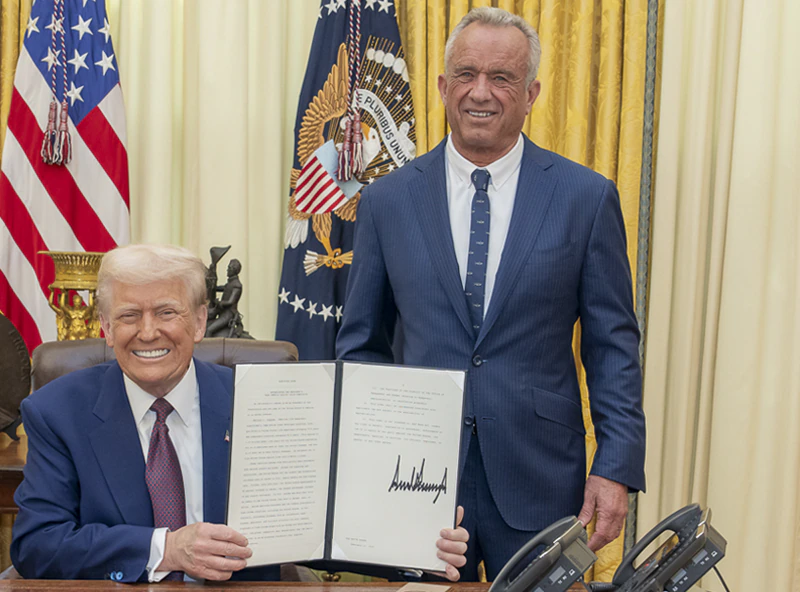Last month, voters in Ecuador made climate history. In addition to selecting their next President, they decided whether oil drilling in the Yasuni National Park should be allowed. The nationwide referendum was the first to ban new drilling and halt existing drilling operations. Although the oil industry is an enormous part of Ecuador’s economy, 59% of voters opted to stop drilling, while 41% voted against it. The result was hailed as a victory for climate and democracy, with environmentalist news sources praising it as a leap forward in climate progress.
Philip Gipe, a State High Earth Systems science teacher, helped clarify what’s at stake for the earth’s ecosystems.
“There’s many aspects to that. There’s the ecological impacts of the local region of the Amazon. There’s also a global impact because there’s fossil fuels. When we burn them, we liberate greenhouse gasses. So it’s a global concern. It’s also a local concern for the indigenous and native peoples of that area,” Gipe said.
Dr. Peter Buck, Co-Director of Penn State’s Local Climate Action Program, and a SCASD School Board Director, emphasized the effects on the “incredible biodiversity” in the region. In addition to the impact on the indigenous people in the region, the impact on wildlife will be absolutely enormous.
“One-third of the world’s amphibians, hundreds of bird and fish species. It’s like 112 or something, reptile species. The fact that it has really incredible vegetation,” Buck said.
“It is a marvel of evolution and biodiversity,” Buck said, “And it all remains intact, and not subject to human extraction abuse is just amazing.”
State High’s Environmental Club President Odessa Gregor thought it was a good step forward.
“I think that it will have positive effects on protecting rainforests, and I think it’s really great to see democratically chosen climate policies like this. I hope that it’s kind of like a general trend with other countries. I wanna see policy changes like this in countries like the US that are big pollution contributors,” Gregor said.
Based on Buck’s diverse experience with local climate activism–helping to pass the Environmental Bill of Rights in State College and Ferguson Township–he shared how national events like this can inform local action.
Buck emphasized local action over a top-down approach to climate change.
“There’s an awful lot of decision-making that happens in sub-national governments that influences the state that influences the nation and can influence the world,” Buck said.
Something that all social movements have in common is that they often begin at a hyper-local level. The Climate Movement is no different, as seen with the recent Montana state court case, which ruled that the state is violating the right young residents have to a clean and healthful environment. To solve big problems, it’s important to recognize the power of starting small with peer-to-peer influence.
“We are social, and we’re copycats, and people will try to copy this in some way,” Buck explained. “Social change requires individuals to come to an understanding with one another to change their collective behavior. And by changes in collective ideas, attitudes, beliefs, and behavior, we change our politics.”
In Ecuador, the primary reason for voting against the referendum was economics. On the topic of economic impact, Gipe referenced the tension in the US between American consumer culture and climate action.
“We all are consumers. Yes. So, for me to say we should stop drilling, we can’t. There’s many alternative fuels, alternative energy sources that are out there: solar, wind, hydropower. They all have their drawbacks also,” Gipe said.
For Gipe, the challenge is getting people to adapt culturally and changing how people think about consumerism, but encouraging “alternative methods of transportation and energy should be a major focus in addition to safer drilling practices.”
“We’ve paid the price here in Pennsylvania for really ravaging our lands and rivers. So we don’t want other people to do the same thing, to the point that we’re saying stop. But, we also have to reach out and help them with their infrastructure, with their efficiency of energy acquisition,” Gipe said.
There have been recent successes in US climate legislation, and Buck pointed to the Inflation Reduction Act (IRA).
“Right now, the bipartisan infrastructure bill is the largest investment in action on climate change ever,” Buck said.
According to Buck, the IRA invests in climate infrastructure like “different forms of renewable energy, energy efficiency in electric vehicles and electric vehicle infrastructure, hydrogen fuel, and changes in agriculture, land use, and climate preparedness for resilience purposes.”
Such successes are important to Gregor because “it’s important to be ambitious.”
“Any, even small success stories, where people can make a difference are really important for us to see. And like I said before, seeing that an impact is made can inspire people to continue taking environmental action. It’s not too late, and things do work,” Gregor said. This idea is emphasized by the environmental club’s efforts in cleaning up the environment, such as with the tree-planting initiatives the group took this year.
The referendum in the Yasuni Park is a reason to be optimistic. It showcases that people who care about fighting climate change can make a big difference. By working with the State High Environmental Club or advocating at the township and state level, State High students can follow Buck’s closing advice, “Don’t quit before you start.”


